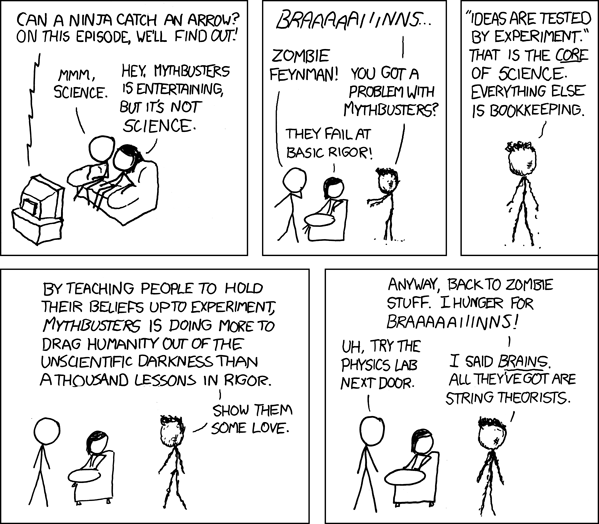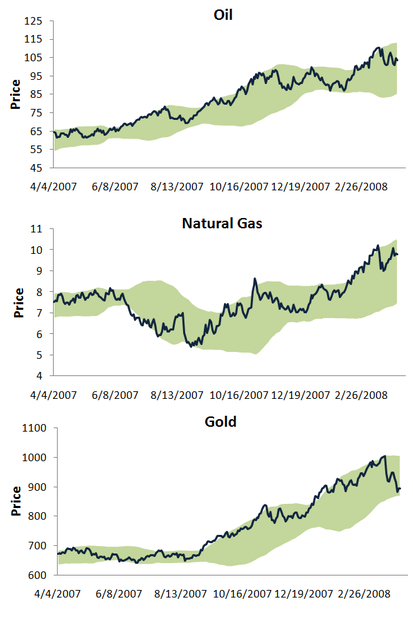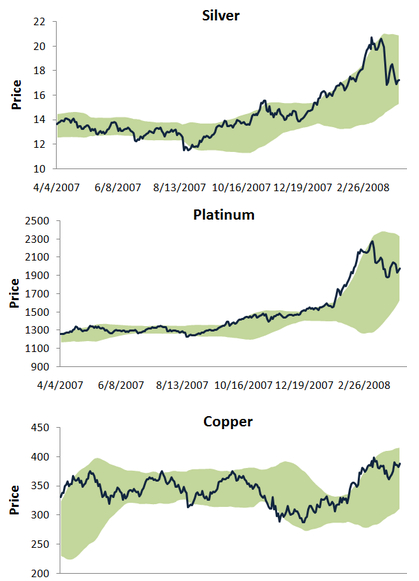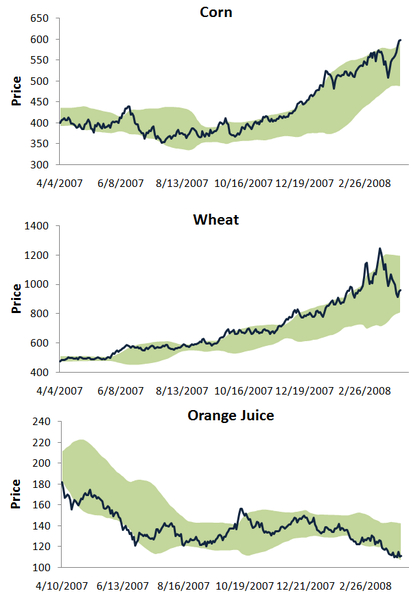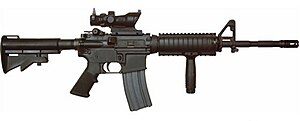Mirrored at Dean’s World.
For over the past 25 years former president Jimmy Carter has used the prestige of his office to stay in the news, winning a peace prize in the process. Is Carter truly motivated by the quest for peace, or is there something else making him get involved in nearly every major foreign policy issue of the last 17 years?
Before traveling to Syria this week to meet Hamas Chief Khaled Mashaal, former president Jimmy Carter spoke at American University in Cairo, where he condemned the Israeli blockade of Gaza. “It’s an atrocity what is being perpetrated as punishment on the people in Gaza. It’s a crime… I think it is an abomination that this continues to go on,” Carter said. A few days earlier Carter visited southern Israel where he met with the kin of those killed by rockets fired by Hamas from Gaza. There he referred to the Qassam rocket attacks as criminal acts.
When Israel left Gaza there was no blockade in place. Immediately after assuming control, the Palestinians began firing rockets into southern Israel – just as predicted by the Israeli settlers evicted by force from settlements in Gaza. When Hamas violently overthrew the Palestinian Authority in June 2007, the rockets rained down in earnest and the blockade was put in place. But even today when nearly a dozen rockets landed, fuel supplies are being sent to Gaza from Israel from a depot where 2 civilians were murdered by Palestinians earlier this week.
Carter refuses to accept that Israel cedes land and gets rockets in return from Hamas. It’s not perceived by Hamas as “land for peace”; it’s “land for rocket staging areas.” He sees no difference between a terrorist organization that targets civilians and a military that targets the terrorists. Instead he sees Hamas and the Israeli government as morally equivalent, unelected terrorists who slaughtered their own people in the coup last year and a government freely elected by its people as moral equals. By this logic a cop that shoots a killer to death in the line of duty is just as immoral as the killer himself.
On Friday he met Mashaal. By doing so he has elevated a terrorist organization that is sworn to the destruction of Israel, and one that has the blood of his own countrymen on his hands. Why? Because he accepts the validity of terrorist acts as a means to wage war, according to former adviser to Carter and onetime executive director of the Carter Center Ken Stein. Writing in this piece for the Middle East Quarterly:
(In his book, Peace Not Apartheid, Carter writes) “It is imperative that the general Arab community and all significant Palestinian groups make it clear that they will end the suicide bombings and other acts of terrorism when international laws and the ultimate goals of the Roadmap for Peace are accepted by Israel,”[40] he leaves the impression that it is legitimate to engage in terrorism and suicide bombing against Israelis until Jerusalem accepts his interpretation of international law. In doing so, he ignores the fact that the performance-based formula for advancing Israeli-Palestinian talks, the so-called “Road Map” endorsed by the Quartet in 2003, required immediate cessation of terrorism.
To return to the cop analogy, it’s as if the cops must stop pursuing a murderer before the killer stops killing. It’s a naive morality that wouldn’t survive an hour in a sandbox full of preschoolers, but it’s the one Carter has followed since being thrown out of the Oval Office in 1981. But with Israel in particular, there is more to Carter’s meddling in its affairs. It starts with the fact that Carter has never forgiven American Jews for siding with Ted Kennedy during the 1980 primaries according to Stein. Beyond that,
Carter’s grievance list against Israel is long: He believes the Israeli government’s failure to withdraw fully from the West Bank is illegal and immoral; he condemns settlement construction; and he lambastes its current human rights abuse in the West Bank, which he labels “one of the worst examples of human rights abuse I know.”[5] From the time he was president, he has criticized Israel’s confiscation of Palestinian land, usurpation of water rights, and retaliatory bulldozing of Palestinian houses. Such policies, he has argued, are responsible for the moribund Palestinian economy. Carter holds particular animus toward the security barrier, first proposed by the late prime minister and Nobel Peace Prize winner Yitzhak Rabin,[6] as the latest example of what he believes to be a policy of de facto annexation of the West Bank.
Carter sees the Israeli-Palestinian conflict as the root of both U.S. unpopularity in the region and the wider problem of Middle East instability. Once the historic injustice done to the Palestinians is resolved, he believes, other issues plaguing U.S. foreign policy will dissipate, if not disappear.
Stein writes that Carter believes had he won re-election in 1980, he would have solved the Israeli-Palestinian conflict.
Carter possesses missionary zeal. He believes that had he won re-election, he would have succeeded in ending the Israeli-Palestinian conflict. Numerous times during the 1980s, Carter quipped after leaving meetings with Middle Eastern or U.S. officials that, if given a chance, he could “make this happen.”
The Carter presidency was an unmitigated disaster economically as well as militarily. The rise of Islamic fascism began on Carter’s watch, and was exacerbated by Carter’s personal ineptitude as well as that of his administration. He encouraged Saddam Hussein to attack Iran in 1979. He made Iran the example that anyone with a grudge could do whatever they wanted against the United States without penalty, whether it was holding embassy personnel hostage in total disregard of international law or attacking civilians at home and abroad. The blame for 9-11 lays solely with al-Qaeda, but the Carter Administration mishandling of the Iranian revolution and the Soviet invasion of Afghanistan (in which Carter’s bungled handling of the
SALT I treaty led the Soviets to believe that they could get away with the invasion, followed by U.S. National Security Adviser Zbigniew Brzezinski’s recommending the supporting of the mujahadeen against the Soviets) played a critical role in the internationalization of Islamic terrorism beyond the Middle East.
Since leaving office Carter has striven to rehabilitate his legacy as one of America’s worst presidents (#11 according to this meta-survey). He could have stuck with Habitat for Humanity and lived an honorable and exemplary life proving such polls wrong in the end. But his ego wouldn’t let him. Instead the incompetence that doomed his presidency has stalked his efforts in personal diplomacy. He undercut George Bush’s senior’s efforts to drive Saddam out of Kuwait in 1991 by appealing to governments to not join the coalition he was putting together to do so. In 1993 he brokered a “get out jail free” deal with Mohammed Farah Aidid, after the firefight with his militiamen (backed by al-Qaeda we later learned) that left 18 servicemen dead and 77 wounded. The 1994 “agreement” he “brokered” in North Korea to halt its nuclear program was never taken seriously by the North Korean regime, and the regime made a dozen nukes. Given Carter’s willful ignorance to listen to members from his own party over the years as well as these failures, it’s clear that he’s not in it for peace: he’s in it for his own personal glory.
Like the neo-cons from the Ford Administration gravitated around Bush in 2000, Carter officials have glommed onto Barack Obama’s candidacy. For millions of under 35’s who don’t remember gas lines, aren’t familiar with terms like “misery index” and never saw US hostages being paraded before cameras on the nightly news every night, the Carter years are just history pages from a textbook turned very quickly at the end of the school year. For many of us who lived through it, names like Brzezinski coupled with the sight of the ex-president meeting and elevating the status of our enemies are chilling reminders of what the world would have been like had Kennedy beaten Carter in the 1980 Democratic Primaries, or better yet, if Ford hadn’t pardoned Nixon and thereby beaten Carter soundly in 1976 Election – depriving the USA of one of its worst presidents and the enemies of freedom and peace with one of their most determined champions.
